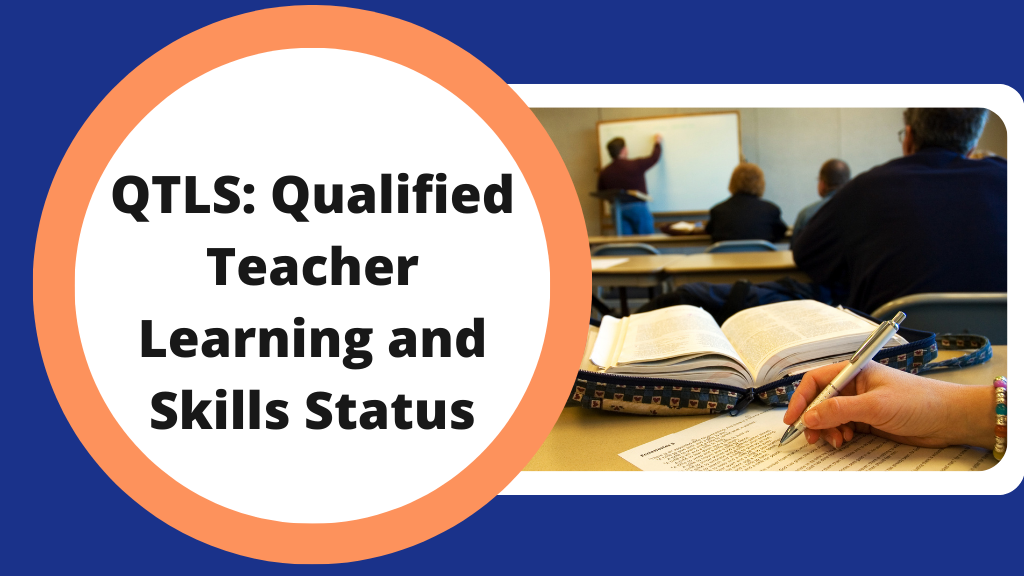March 25, 2014
How does City and Guilds monitor training providers?
City and Guilds is an Awarding Organisation, which means that it has recognition from the government office Ofqual to issue qualifications and certificates to people, set exams and have an influence on the requirements for new qualifications.
You might be surprised to learn that Awarding Organisations such as City and Guilds do not train candidates, nor do they normally have direct contact with candidates on training courses.
The reason for this is that such organisations do not exist to provide training or education, instead their role is to oversee the way that candidates are assessed or tested.
In times gone by this was done solely by setting exams, and these types of organisations were known as Examination Boards.
However times have changed and formal examinations are now only one of a wide range of methods used to prove that a candidate has met a certain standard and is thus eligible to receive a qualification.
If you have been on a course recently you might have been required to carry our certain activities in order to complete and qualify, these are known as assessments and have increasingly replaced the traditional written exams as a form of testing.
Assessments might include :
- Completing written coursework
- Finishing practical tasks
- Answering verbal questions
- Giving a presentation on your subject
- Demonstrating a skill
- Taking part in a professional discussion with your tutor/s (also known as a “viva” from the Latin viva voce meaning word of mouth)
Since all of these types of assessments, and many more, are carried out by training providers such as training companies, colleges and workplaces rather than City and Guilds themselves you might wonder how City and Guilds, or any other Awarding Organisation, makes sure the assessments are carried out correctly.
After all it would be unfair if a candidate qualified without meeting the requirements of the qualification just because the people carrying out the assessments were lax. It would also be unfair if a candidate failed to pass and gain the qualification if they had met the requirements but were marked as “fail” by their assessor.
In order to ensure that these situations do not occur Awarding Organisations have processes in place to make sure things are run correctly.
These processes fall into two main areas :
1. Requirements for the organisations carrying out the assessments such as training companies, colleges etc. (these are known as centres)
2. Methods for checking that the centres are carrying out these assessments properly.
First of all to become a centre which is approved to offer City and Guilds qualifications, and the assessments that go with them, there are a number of criteria. These include having a team of properly qualified staff to carry out assessments, having the correct facilities required and also a formal method for the assessors to be monitored by the centre as part of a quality assurance plan.
This does not necessarily mean that every candidate assessment will be monitored, but the centre has to have a process by which an independent person, or team of people, checks the assessments that are taking place.
This role is often known as “Internal Verification” or “Internal Quality Assurance” and here at Carlton Training we have Navalette Walker in this role.
In our case all our candidates’ assessment details are stored on a central database which enables us to see which assessor has assessed any particular candidate and also look at the assessors’ reports and results.
As well as this work which takes place in the centre itself, Awarding Organisation such as City and Guilds have processes in place to check that centres are carrying our both the assessments and the internal certification correctly.
There are a range of methods which might be used by an Awarding Organisation and these include monitoring visits to the centre to check on what is happening and to advise of any improvements or changes that might be needed.
On such occasions the person carrying out the visit (the “External Verifier” or “External Quality Assurer”) will sample a selection of learners’ work and look at the assessment records which are kept at the centre.
They might also interview assessors and contact the candidates to check that all the work produced is genuine and correct.
As well as this, the centre will need to show evidence that it’s team of assessors are all keeping up to date with their roles and have modern, current skills.
Next ›
‹ Previous
Back to Blog








